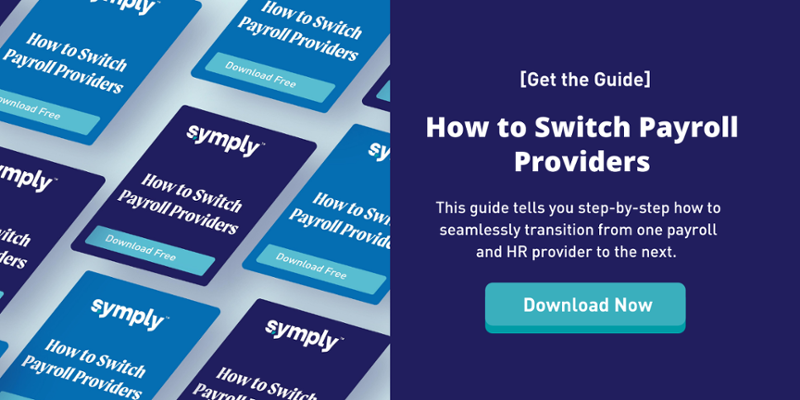HR News & Education
Check out the latest news and resources for small businesses covering topics such as human resources, employee engagement, and management.
COVID Relief Small Business Grants in 2022
In 2020, many small businesses were hit hard by the economic impact of COVID-19. The financial loss negatively affected most companies across the United States. Fortunately, state and federal resources are available for urgent financial assistance. There are many grant options out there. Whether your business is recovering from a financial loss due to COVID lockdowns, you’re starting your business, or you’re ready to grow it—grants are available to help support your current goals.
Applying for a grant is an excellent option since you don’t have to pay the money back like a loan. You get to use the funds to cover payroll, operating costs, missed paychecks, and the expense of necessary equipment.
No matter how you choose to spend the money in your business, you must keep detailed records of your finances. As a condition of awarding grants, grantors may ask you to provide financial reports.
The most common ways small businesses spend grant money are on payroll costs, overhead expenses, and rent or mortgage payments. If you cannot show financial records that include the grant money allocation, you may have to return the funds.
Grants are competitive. When applying for this type of funding, make sure to have clean and up-to-date financial records. If you’re working with a bookkeeper or CPA, meet with them to let them know you’re applying for a grant and ask for relevant guidance on your current financial situation that could improve your chances of receiving funding.
When reviewing and filling out a grant application, take your time and go through it thoroughly, so you provide the necessary information upfront and have the best odds throughout the selection process. Each grant you apply for will have a different set of criteria, so confirm that you’ve met all the requirements before submitting your application.
If a grant requires a business plan, it’s a good idea to review the one you currently have to make sure it includes new goals or strategies in your business.
COVID Relief Small Business Grants Available in 2022
- SBA: Economic Injury Disaster Loan (EIDL). The EIDL is available through the
SBA and offers a cash advance of up to $10,000. The SBA can forgive this loan
if you spend the funds according to their terms. Learn more about EIDL here.
- Treasury.gov offers assistance to small businesses in the form of tax credits,
emergency capital, and the paycheck protection program. Learn more about Treasury.gov offers here.
- SBA: Restaurant Revitalization Funds. The SBA also provides emergency
assistance for qualifying restaurants and bars. Learn more about the SBA’s restaurant revitalization assistance here.
- Grants.gov is a valuable database of available federal grants for various small
businesses. Learn more about grant options here.
- State relief programs and grants. Check your state’s grant offerings by
searching “[your state] covid relief small business grants.”
- Local grants. Check with your city hall or chamber of commerce for grants to support local businesses through the COVID-19 pandemic.
Other Available Grant Options
- Hivers and Strivers, an angel investment group. Hivers and Strivers invest in
companies led by military veterans by offering grants between $250K and $1M.
Learn more about Hivers and Strivers here.
- WomensNet offers monthly grants called Amber Grants. They award two $10,000 Amber Grants to two women-owned businesses each month. Learn more about Amber Grants here.
The grants listed above are a lifeline for many small businesses. Not only can they elevate your finances, so your business is thriving, they also ensure you have a sustainable and reliable operation. Submitting a single application can change
your life. It’s worth putting your hat in the ring to see what’s possible for
you and your business.
If a small business grant is not an option for you right now, there are other ways to secure the funding you need. You could apply for a loan from your bank or other financial institution. You could also pitch to investors.
Do you know a small business that could benefit from receiving a grant? Share this article so they know what’s available and how they can get the financial assistance they need most right now.


